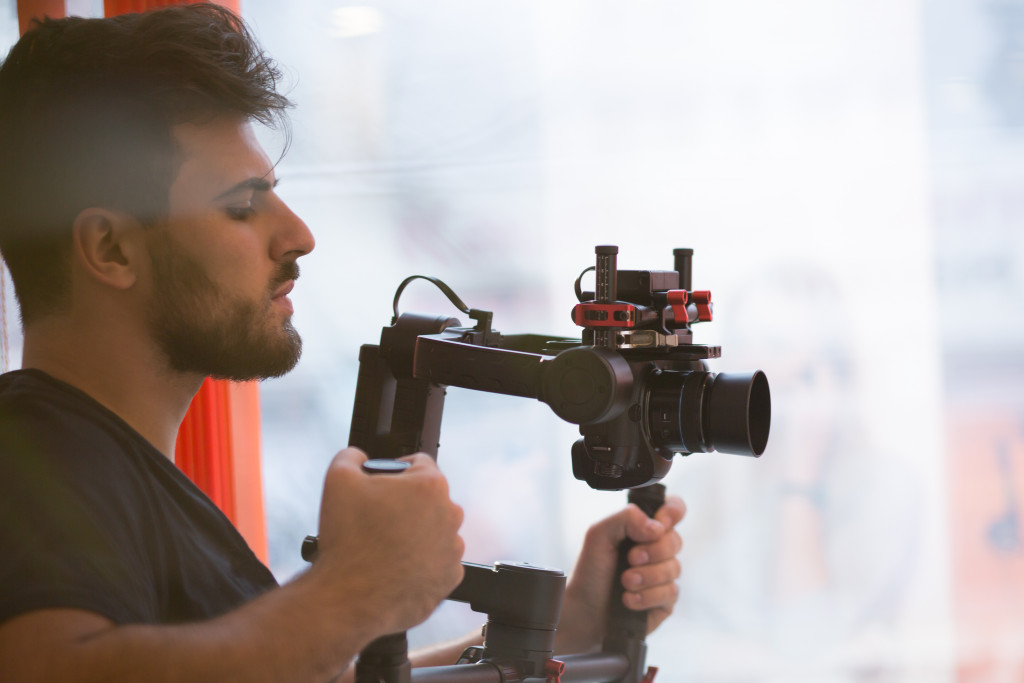Starting a filmmaking business can be an enriching experience, but it’s important to remember that there are many things to consider before leaping. This article will discuss some of the most critical factors you need to consider when starting your own production company. Take the time to read this guide and learn everything you need to know about starting a filmmaking business.
1. Create a business plan
The first step in starting any business is to create a business plan. This document will outline your company’s goals, strategies, and financial projections. Without a business plan, it won’t be easy to make your filmmaking business a success. Be sure to put together a comprehensive and realistic business plan before moving forward with your venture.
You also need to include a marketing strategy in your business plan. This will ensure a solid plan for promoting and selling your films. Keep in mind that the film industry is very competitive, so you’ll need to find ways to stand out from the crowd. Work with a marketing consultant to develop an effective marketing strategy for your business.
2. Choose a niche
One of the best ways to succeed in the film industry is to find a niche and focus on making films that appeal to that audience. There are countless genres and sub-genres of movies, so there’s sure to be a niche that you’re passionate about. Finding your specialty is essential to success, whether you want to make documentaries, comedies, or anything in between.
Many production companies try to be all things to everyone, but this is rarely successful. It’s much better to focus on a specific genre or type of film and become an expert in that area. You don’t have to create an entirely new genre to find success; you can simply find an underserved niche and focus on making quality films for that audience.

3. Get the right equipment
Another essential factor to consider when starting a filmmaking business is the equipment you’ll need. This can be a significant investment, so do your research and choose the best possible option for your budget. There are many different types of cameras, lenses, and other pieces of equipment available, so it’s crucial to find the right combination for your needs. You may also want to consider renting equipment instead of purchasing it outright.
Additionally, it would be best to have media storage and management solutions in place. This is especially important if you’re shooting digital video. This kind of service will allow you to store and organize your footage to access it when you need it quickly. It also prevents you from losing critical files that you cannot replace easily.
4. Find the right collaborators
Making a film is a team effort, so it’s essential to find the right people to work with. This includes everyone from the cast and crew to the people who will help you promote and distribute your film. It’s essential to build a team of experts who share your vision and are committed to making your film a success.
It would be best if you also found the right financial partners when starting a filmmaking business. This could include investors, distributors, or even government agencies. Be sure to do your research and choose partners who are a good fit for your company.
5. Location, location, location
The film industry is all about location. Many films are shot on location, so it’s essential to choose a place that will be conducive to filmmaking. This includes finding an area with a suitable climate, scenery, and infrastructure. It would help if you also considered the costs of shooting in a particular location.
Some filmmakers choose to shoot in countries with lower production costs, but this isn’t always the best option. It’s crucial to weigh the benefits and drawbacks of shooting in a particular location before deciding. You can also save money by shooting in multiple locations. This can be a great way to add variety to your film without breaking the budget.
6. Get the right insurance
Insurance is another essential factor to consider when starting a filmmaking business. This will protect you and your company if something goes wrong during production. There are many different types of insurance policies available, so be sure to choose the right one for your needs.
You may also want to consider getting insurance for your equipment. Due to the expensive nature of filmmaking equipment, this can be a wise investment. You can also get insurance for your cast and crew to protect you from liability if something happens to them while working on your film.
These are just a few of the many factors to consider when starting a filmmaking business. By taking the time to plan and prepare, you’ll be in a much better position to succeed. With the right team, equipment, and insurance in place, you’ll be well on your way to making great films.

